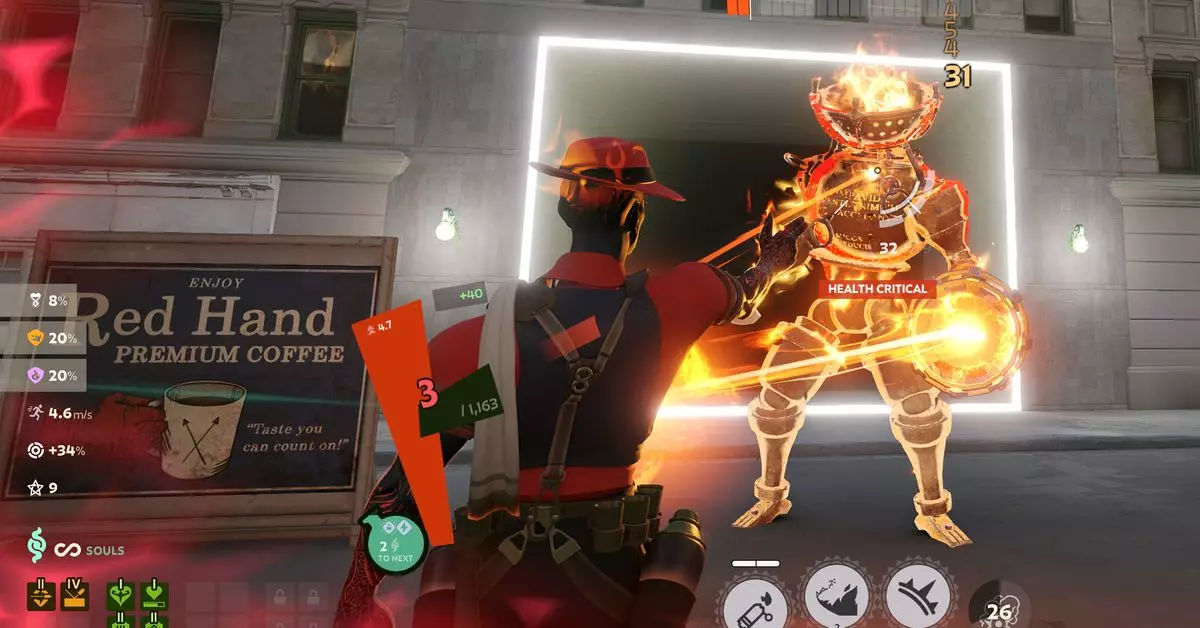Valve, a renowned gaming company, has been keeping fans waiting for nearly five years for the release of a new game. Among the anticipated games, Deadlock has piqued the interest of many gamers, including the author, who recently received an invitation to play Deadlock on Steam. Despite the lack of an official announcement from Valve, the game feels legitimate, displaying Valve’s logo, legal notices, and the unmistakable touch of a Valve game.
Deadlock offers a unique gameplay experience, combining elements from popular games like Overwatch, Dota 2, and Team Fortress 2. It features a 6-on-6 hero shooter format similar to Overwatch, where players lead an army of NPC grunts to destroy the opposing team’s defenses, reminiscent of MOBA games like Dota 2. The continuous action and strategic gameplay make Deadlock an intriguing and engaging experience for players.
In Deadlock, players must coordinate with their NPC army to overcome obstacles and defeat the enemy team. The need for teamwork is highlighted in the intense battles against powerful enemies like the Guardians and Walkers. Each match culminates in a challenging fight against the enemy’s Patron, requiring a coordinated effort from the human players and their NPC allies. The game emphasizes strategy and cooperation over individual skills, setting it apart from traditional shooter games.
One of the standout features of Deadlock is its roster of diverse heroes, each with unique abilities and playstyles. Players can choose from a variety of heroes, ranging from archers and swordsmen to snipers and teleport specialists. The game offers a wide range of abilities, from damaging skills to life steal and shielding, allowing players to customize their playstyle and strategy. The addition of strong and light melee attacks adds depth to the combat system, providing players with versatile options in battle.
Deadlock introduces a strategic element to gameplay, requiring players to manage resources and make tactical decisions. Players must visit the shop to purchase perks with the souls earned from defeating enemies, balancing the need for upgrades with the defense of their territory. The game’s emphasis on resource management and decision-making adds a layer of complexity to the gameplay, keeping players engaged and challenged throughout the matches.
Valve’s unconventional approach to releasing Deadlock has raised eyebrows among gamers. Despite the lack of an official announcement, players with access to the game can invite their friends to join them, creating a unique and community-driven release strategy. While Valve’s secrecy surrounding Deadlock may seem unusual, it aligns with the company’s reputation for innovation and creativity in the gaming industry.
Deadlock promises to be a compelling and innovative addition to Valve’s game lineup, blending elements of popular genres and offering a fresh take on team-based gameplay. With its diverse heroes, strategic gameplay, and unconventional release strategy, Deadlock has the potential to become a standout title in the gaming world. As players eagerly await further updates and announcements from Valve, the anticipation for Deadlock continues to grow, fueling excitement and speculation among the gaming community.


Leave a Reply